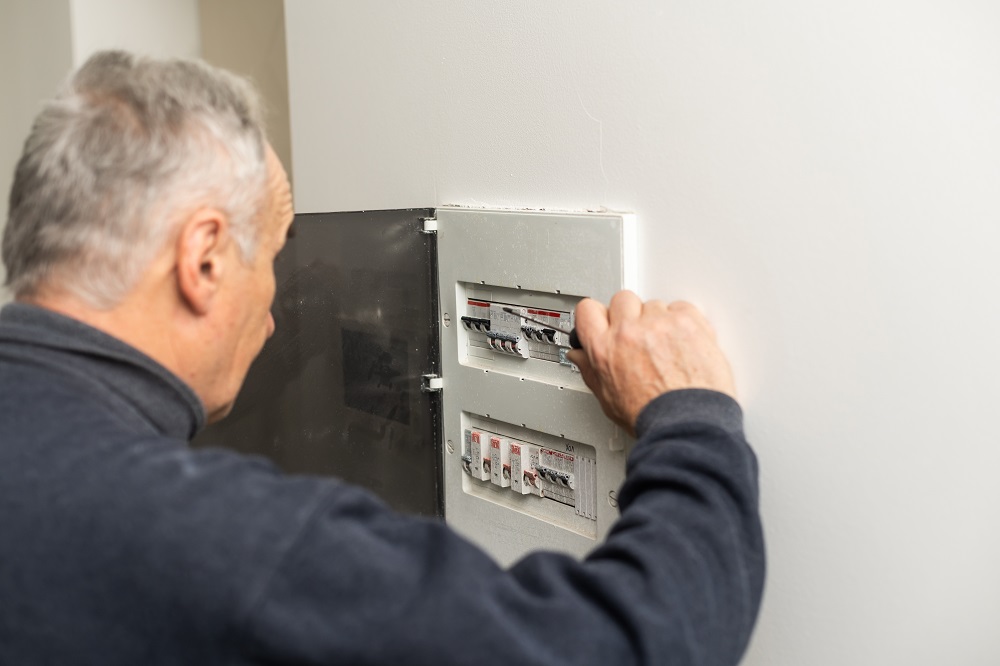When it comes to electrical outlet installation and repair, even the slightest mistake can lead to serious safety hazards or costly damages. For homeowners and DIY enthusiasts, understanding these common pitfalls is crucial to ensure a safe and efficient electrical system. Here, we at One & Only Electrical Service have compiled a list of the top ten mistakes to avoid during electrical outlet installation and repair.
1. Using the Wrong Type of Wire
One of the most common mistakes is using the incorrect type of wire for the job. Home wiring typically requires Romex wire, which is insulated and suitable for indoor use. However, using Romex in areas with exposure to moisture or outdoors can be dangerous. Always ensure you are using the right type of wire for the specific application.
2. Overloading the Circuit
Overloading a circuit can cause the circuit breaker to trip or, worse, lead to electrical fires. This often happens when too many high-wattage devices are connected to the same outlet. To prevent this, calculate the total load of all devices on a circuit and ensure it does not exceed the circuit’s capacity.
3. Poor Wire Connections
Improper wire connections can lead to intermittent power loss or electrical arcing, which poses a fire hazard. When connecting wires, always use appropriate electrical wire connectors and ensure the wires are securely fastened.
4. Ignoring Grounding Requirements
Grounding is essential for electrical safety as it helps prevent electrical shock. Failing to properly ground an electrical outlet can result in severe injuries or even fatalities. Make sure to connect the ground wire to the outlet and the electrical panel.
5. Incorrect Outlet Placement
Placing outlets too close to water sources, such as sinks or bathtubs, without using Ground Fault Circuit Interrupter (GFCI) outlets is a common mistake. GFCI outlets are designed to shut off power if a ground fault is detected, providing an extra layer of safety in wet areas.
6. Not Turning Off the Power
Working on electrical wiring without turning off the power at the circuit breaker is extremely dangerous. Always ensure the power is turned off before starting any electrical work to avoid electric shock.
7. Failing to Follow Local Building Codes
Electrical work must comply with local building codes and regulations. Ignoring these codes can result in unsafe installations and potential legal issues. Always check and follow your local codes before starting any electrical project.
8. Using Undersized Electrical Boxes
An undersized electrical box can lead to overheating and potential fires due to inadequate space for wire connections. Always use a box that is appropriately sized for the number of wires and connections it needs to accommodate.
9. Improperly Cutting Wires
Cutting wires too short can make it difficult to connect them securely to outlets and switches. Ensure you leave enough slack to make secure connections without creating a tangled mess of excess wire.
10. Not Labeling Circuits
Failing to label circuits can create confusion during future repairs or troubleshooting. Always label each circuit at the electrical panel to make it easier to identify and work on specific circuits later on.
FAQ
1. What type of wire should I use for home wiring?
For most home wiring projects, Romex wire (NM cable) is commonly used due to its insulation and flexibility for indoor use. However, ensure you select the correct gauge and type for your specific needs and local code requirements.
2. How can I prevent overloading a circuit?
Calculate the total wattage of all devices connected to a circuit and ensure it does not exceed the circuit’s capacity. Spread high-wattage devices across multiple circuits if necessary.
3. Why is grounding important in electrical installations?
Grounding helps prevent electrical shock by providing a path for excess electricity to safely travel to the ground. It is a critical safety measure to protect both people and devices.
4. When should I use GFCI outlets?
GFCI outlets should be used in any area where electrical outlets are near water sources, such as bathrooms, kitchens, and outdoor spaces. They are designed to shut off power quickly if a ground fault is detected.
5. How do I ensure my electrical work complies with local codes?
Check your local building codes and regulations before starting any electrical project. Consider hiring a licensed and insured electrician to ensure compliance and safety.
6. What should I do if I’m unsure about an electrical installation?
If you’re unsure about any aspect of electrical installation or repair, it’s best to consult with a professional. Electrical work can be dangerous, and a licensed electrician can ensure the job is done safely and correctly.
7. How do I label circuits in my electrical panel?
Use a circuit directory or labels to clearly mark each circuit in your electrical panel. This will help you quickly identify which circuit controls which area or device in your home.
8. What are the risks of using an undersized electrical box?
Using an undersized electrical box can lead to overheating and potential fire hazards due to lack of space for proper wire connections. Always choose a box that fits all wires and connections comfortably.
9. Can I use any wire connectors for my electrical projects?
No, always use appropriate electrical wire connectors for your specific wires and connections. Using the wrong connectors can result in loose connections and potential safety hazards.
10. Why should I turn off the power before working on electrical outlets?
Turning off the power at the circuit breaker prevents electric shock while working on electrical outlets. This is a critical safety step that should never be skipped.


